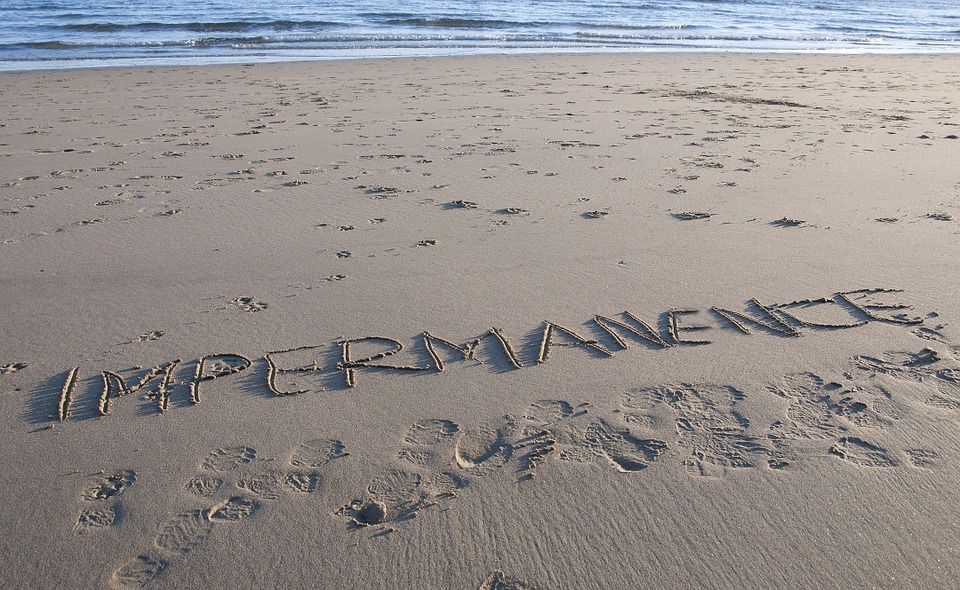
............................................................................................................................................................................................
→ This post is written by Dr. Christine Runyan who directs our clinical health psychology fellowship, which partners with the UMass family medicine residency. She writes a periodic column on wellness for the residents. Tina, as everyone knows her, is also working on an online CIPC course for physicians, nurse practitioners and physician assistants working in integrated primary care.
............................................................................................................................................................................................
I recently attended my first silent meditation retreat at the Insight Meditation Society (IMS) in Barre, MA. Many of our residents know about this very special place … it was my first time there.
Six days of “noble silence” which means no talking, no reading, no writing, no cell phone, no devices at all! Only me, myself, and … me… for 6 days! I could fill a lot of space telling you about it but wanted to just highlight one of the things that came zooming into focus for me during the retreat. A concept I now realize I had only previously appreciated cognitively, not experientially. And that is the concept of IMPERMANENCE.
We all know this word – the property of not lasting or enduring for an indefinite period of time. But what does that really mean with regards to mindfulness and our experiences?
Fleeting emotional states in meditation
I sat in hours of meditation without responding to my thoughts, feelings, cravings, desires, or aversions with action, with distraction, with anything other than curiosity and acceptance. I began to really experience how fleeting most of my mind and emotional states really are when I don't feed them with emotional or behavioral energy. They ran out of fuel pretty quickly, as did their impact on me.
Don’t jump on to the judgment train
As someone who is prone to being self-critical and replaying past actions and inactions through a polished lens of self-criticism (sound familiar?), I was able to hear that quiet voice. It came. It went. It came again. It went again. Every time I allowed it and didn’t jump on the judgment train, it passed more quickly and without making a long stop in the station. I could go on and on but the point is simply … anything that IS, will become a WAS … making it more and more possible to be in the present rather than grasping for the good to stay and encouraging the bad to go. Because you trust that it will all come (and go) again.
“Thanks to Impermanence, Everything is Possible.”
- Thich Nhat Han
Here is a link to a practice of leaning into impermanence you might try sometime: http://www.dharmaseed.org/talks/audio_player/55/32482.html
